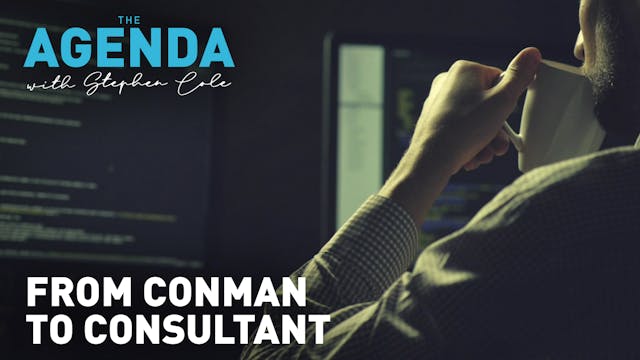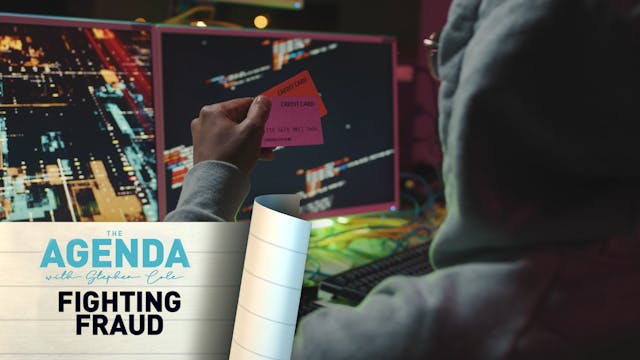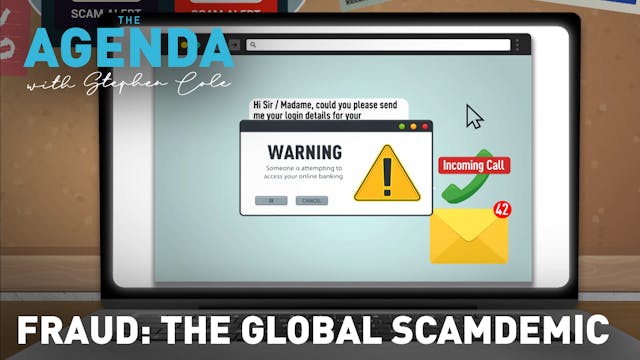Suspicion: The primary defence against fraud- The Agenda with Stephen Cole
The Agenda
•
6m 24s
WHAT’S THE ISSUE?
Every country would agree that fraud is a shared global problem, so why is there not a collaborative effort to tackle it?
And which types of fraud have soared since the pandemic?
Stephen Cole speaks to a fraud Professor to find out.
MEET THE EXPERT
Professor Mark Button is Director of the Centre for Counter Fraud Studies at the Institute of Criminal Justice Studies, University of Portsmouth.
He is a fellow of the Security Institute and received his doctorate from the London School of Economics.
In addition to fraud and computer misuse, Professor Button is interested in the regulation of private policing and security management, and has helped develop standards for the United Nations Office for Drugs and Crime.
Watch #TheAgenda in full and find out more at:
https://www.cgtn.com/europe/the-agenda 📲
Follow CGTN Europe on social media and other platforms👇🏼
https://stories.cgtneurope.tv/follow-cgtn-europe/index.html
Up Next in The Agenda
-
Meet the former criminal now helping ...
WHAT’S THE ISSUE?
Fraud tactics are becoming increasingly sophisticated, and whilst everyone was sat at home during Covid lockdowns, it undoubtedly proved the perfect training ground for criminals.
But how can we stay one step ahead of them? Stephen Cole meets a conman-turned-consultant to find ... -
FIGHTING FRAUD - The Agenda with Step...
Fraud is a global problem with a global cost, running into the trillions (equating to more than 6% of global GDP). Of course, the true scale is unknown as that figure does not include unreported cases. Many instances of fraud are often kept under the radar due to various reasons including cover-u...
-
Explainer: How fraudsters exploited t...
Despite how quickly Covid lockdowns changed our lives, criminals seemed to have no problem keeping up. As families and businesses struggled, they quickly capitalised on the pandemic by adjusting their fraudulent activity to fit our changing lifestyles.
Just how big a problem is fraud in a post-p...



